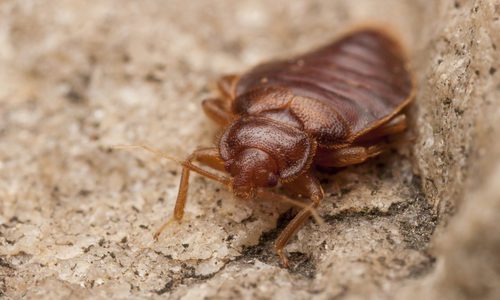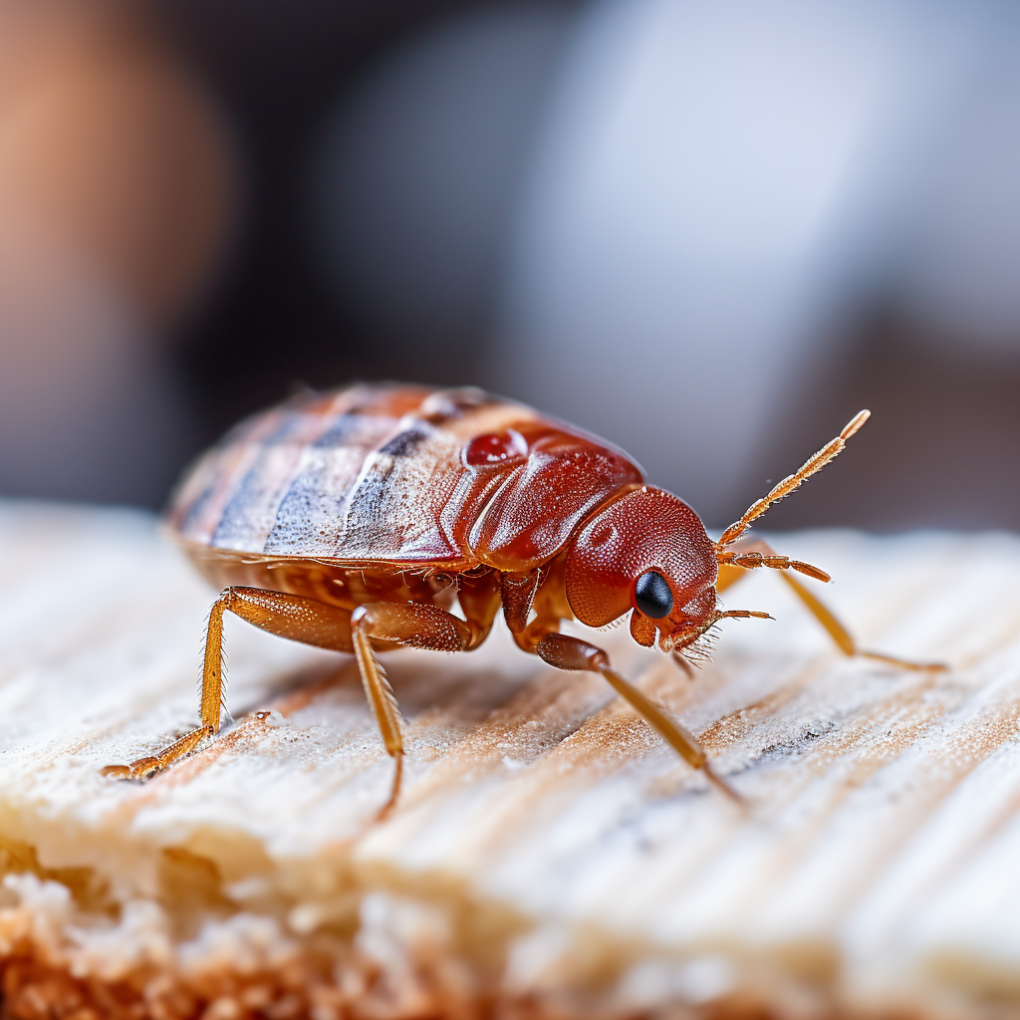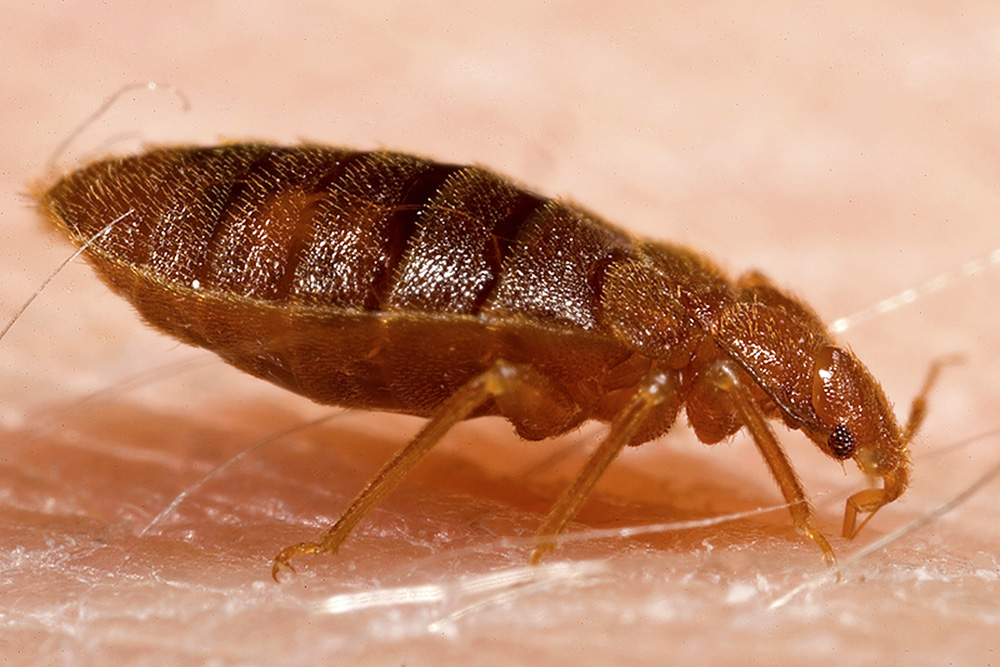Kings Pest Control Expert Cincinnati: Efficient Bug Administration
A Failure of the Different Sorts Of Insect Control Solutions
In the realm of insect control, a wide range of techniques exist to fight the existence and deal with of unwanted creatures. As we navigate via the varied landscape of parasite control remedies, recognizing the ins and outs of each technique ends up being critical in establishing the most reliable program of action.
Chemical Pesticides
Chemical pesticides are commonly made use of in parasite control to successfully get rid of a large range of pests and various other bugs. These pesticides work by targeting the nerves of the bugs, disrupting their normal features, and eventually causing their demise. Using chemical pesticides has actually been a staple in the insect control industry for years because of their efficiency and fast results.

However, it is important to utilize chemical pesticides with care because of their possible hazardous effects on the setting and non-target types. Improper application or overuse of these chemicals can bring about air pollution, harm to helpful insects, and resistance growth in insect populaces. As a result, it is critical to adhere to safety and security standards and laws when making use of chemical pesticides for pest control.
Biological Control Approaches
Considering the potential ecological influences and threats associated with chemical pesticides, biological control approaches offer a more lasting approach to handling bug populaces. Biological control includes the use of all-natural opponents, such as microorganisms, killers, and bloodsuckers, to reduce bug populaces. This approach is typically extra targeted, influencing just the details bug types while reducing injury to valuable insects, people, and the atmosphere.

One benefit of organic control is its lasting effectiveness. As soon as developed, all-natural opponents can help manage pest populaces continuously without the requirement for repeated applications of pesticides. In addition, biological control is often more cost-effective and can aid reduce chemical resistance in insect populaces over time. On the whole, biological control approaches use a eco friendly and lasting option to pest management.

Mechanical Parasite Control
Mechanical parasite control entails the physical control or removal of insects to handle their populations efficiently. One typical instance of mechanical bug control is using catches to capture insects or rodents.
Another mechanical technique is the use of barriers such as displays, internet, or fencings to visit the site block parasites from getting in particular locations. By physically preventing bugs from accessing a place, the likelihood of infestations or damage can be substantially lowered. In addition, hands-on methods like handpicking insects off structures or plants can be efficient for smaller-scale infestations.
While mechanical parasite control methods can be labor-intensive, they provide a non-chemical alternative that can be sustainable and eco friendly. By targeting pests straight, mechanical control techniques can help keep bug populaces in check without relying upon pesticides.
All-natural Remedies
Using all-natural solutions for parasite control uses a environment-friendly and sustainable strategy to handling parasite populations without resorting to chemical treatments. All-natural solutions entail using substances originated from plants, minerals, or other naturally taking place sources to hinder or eliminate bugs. Growing certain herbs like basil, mint, or lavender around your building can drive away bugs due to their strong scents. Diatomaceous earth, a powder made from fossilized algae, can be utilized to combat pests like ants, cockroaches, and bed insects by dehydrating their exoskeletons.
Additionally, important oils such as tea tree oil or neem oil have insecticidal homes that can successfully control pests while being safe for the setting. An additional natural treatment is presenting useful pests like ladybugs or praying mantises to your garden to exploit hazardous insects. By integrating these all-natural remedies into bug Go Here administration techniques, people can minimize their reliance on artificial chemicals and advertise a much healthier, a lot more balanced ecosystem.
Integrated Insect Monitoring
Integrated Bug Administration (IPM) is a comprehensive method that integrates various methods to effectively manage pest populations while decreasing risks to human health and the atmosphere. IPM includes the combination of multiple bug control techniques such as organic control, environment control, modification of social practices, and making use of resistant crop varieties. By making use of a combination of these strategies, IPM intends to minimize dependence on chemical pesticides, which can have unfavorable impacts on communities and human wellness.
One key aspect of IPM is the focus on prevention. By applying procedures to avoid pest problems before they occur, such as preserving proper hygiene and securing entry factors, the need for responsive bug control homeowner termite control procedures is minimized. Surveillance and routine examinations play an important function in IPM, permitting very early discovery of insect concerns and timely intervention.
Final Thought
To conclude, the different sorts of parasite control services use a variety of options for successfully taking care of pest invasions. Chemical chemicals give quick removal however may have environmental risks. Organic control techniques make use of all-natural predators to regulate parasites. Mechanical pest control includes physical barriers or catches. All-natural treatments offer safe choices. Integrated Bug Management combines multiple methods for a holistic approach to pest control. Each approach has its own benefits and drawbacks, and picking one of the most proper service depends upon the details bug trouble handy.
Chemical chemicals are frequently made use of in bug control to properly get rid of a broad array of pests and other pests.Mechanical bug control entails the physical adjustment or removal of insects to handle their populations successfully (Kings exterminator cincinnati).Making use of natural treatments for bug control offers a eco-friendly and sustainable strategy to managing insect populations without resorting to chemical treatments.Integrated Insect Management (IPM) is a thorough technique that combines numerous strategies to effectively control pest populations while reducing dangers to human wellness and the atmosphere.In final thought, the various types of parasite control services use a range of alternatives for efficiently managing insect problems